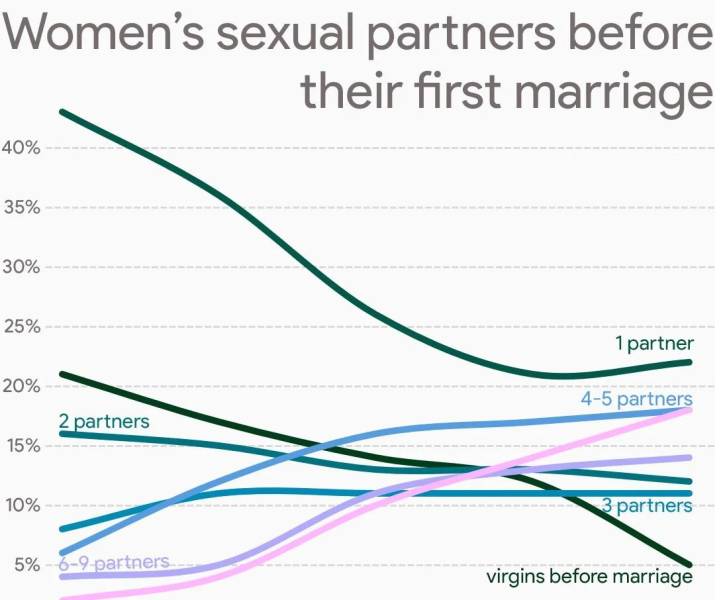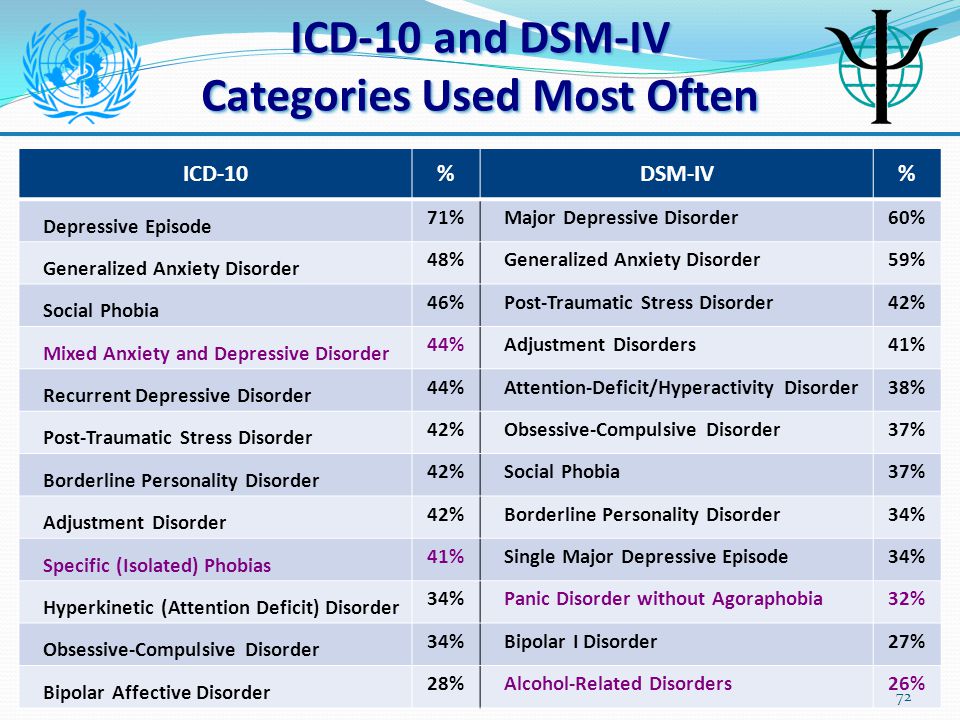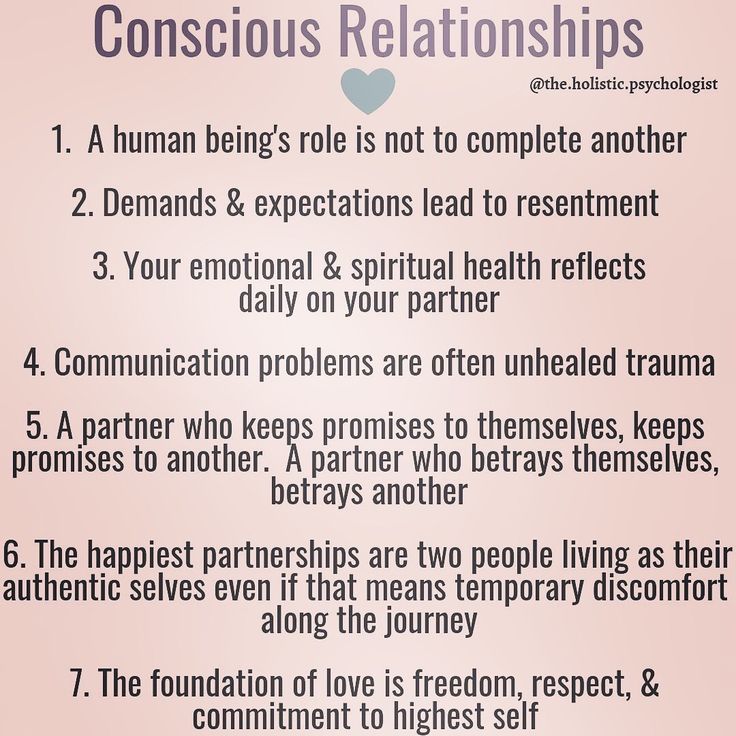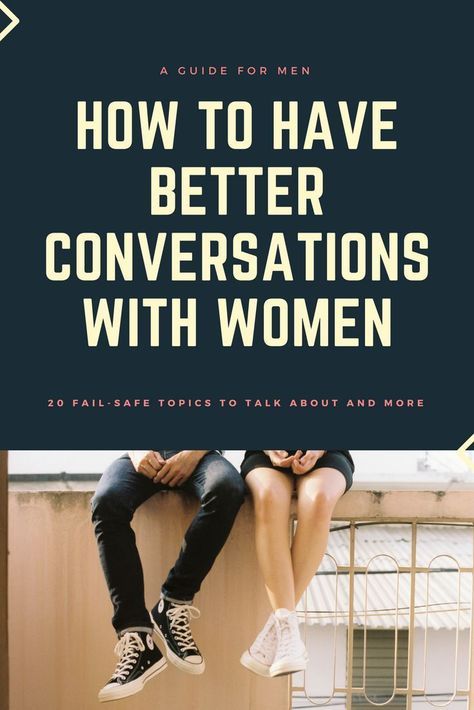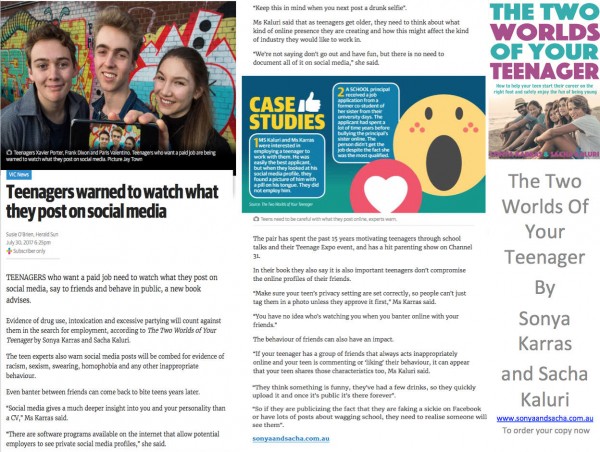Microaggression in marriage
Relationship Real Talk: Microaggressions in Relationships
Microaggressions are often a source of silent frustration, resentment, and hostility in relationships. Here’s how to avoid them and keep the peace at home.
When you think about microaggressions, it’s usually in the context of work, school, or our larger society. The truth is, microaggressions can happen in our romantic relationships, too.
Racism, sexism, ableism, and ageism underline everyday interactions — even in partnerships with the best of intentions.
Knowing how to identify and address them when they surface can help maintain respect in your romantic bond.
Microaggressions can be hard to distinguish from passive-aggressive statements.
Microaggressions are hostile, derogatory, or negative words or actions that communicate people’s biases against particular groups of people. Though often unintentional, microaggressions frequently leave recipients feeling slighted and stereotyped.
| Passive-aggressive comments | Microaggressions |
|---|---|
| Slights used when someone is bothered and either doesn’t know how or is uncomfortable with assertive, clear communication. | Passive-aggressive comments used knowingly or unknowingly that reinforce stigmas of marginalized groups. |
Microaggressions stem from “implicit bias”
The term “microaggression” was first used in the 1970s by psychiatrist Chester M. Pierce, with a focus on racial microaggressions. Many believe that microaggressions reflect implicit biases.
Implicit bias is defined by the Perception Institute as having mistaken or negative attitudes toward people, or assuming stereotypes about them, without your own conscious knowledge.
The shortlist of microaggressions in relationships might include:
- making snide remarks or jokes with racist or sexist undertones
- being condescending to your partner due to their age or disability
An example: How to respond to microaggressions in a relationship
In a new interracial relationship between a Person of Color (POC) and white woman, the man cooks food from his native culture.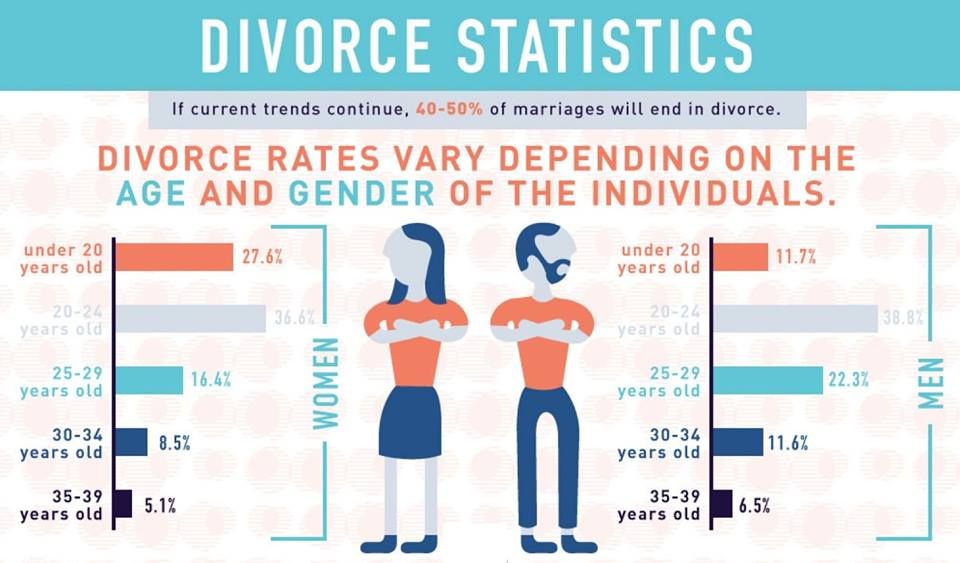
The woman appreciates the effort but is sensitive to strong smells and a messy kitchen.
One night, in frustration, the woman says, “Your food smells so bad and is so messy!”
The man feels offended and upset that his gesture is not only criticized, but done so in a way that he feels is a slight to his ethnicity. Instead of saying that directly, he says, “You’re racist!”
A healthy exchange might have gone like this:
Partner 1: “Thanks so much for cooking for us! I love trying new cuisines. I’m actually sensitive to strong scents though. Can we open a window or light a candle afterward?
“I also get stressed when the kitchen isn’t clean. How about we work together to straighten up after dinner?”
Partner 2: “I had no idea you were sensitive to certain scents. Thanks for letting me know. Deal.”
What is a nonverbal microaggression?
Nonverbal microaggressions, whether from you or your family, could look like the following:
- placing “air quotes” around words in the native language of your partner
- mimicking stereotypical gestures of a man, woman, or older person like a caricature
- bending over repeatedly when speaking to someone who uses a wheelchair
Microaggressions can lower or at least impact relationship quality, which is highly correlated with mental health outcomes.
Research from 2014 suggests that racist microaggressions negatively affect mental health and can contribute to:
- depression
- anxiety
- lack of behavioral control
When your partner experiences microaggressions outside your relationship, you can also support them. For instance, research from 2021 suggests that a strong relationship helped transgender folks manage microaggressions.
Say what you mean
Let’s say one partner would like to increase the frequency of sex or explore sex positivity with their partner.
Microaggressive language
- “Now that you’re ‘over-the-hill’ we never have sex anymore!”
- “I thought your type is exotic and wild in the bedroom?”
Healthy and clear communication
- “I’d like to talk about our sex life. I’m open to trying new things and increasing our intimate time. Would you be open to that?”
Be open to other perspectives
Sometimes, the root of microaggressions is a disregard for another person’s feelings or experiences. Before speaking or acting, it can help to consider how your actions and words will affect others.
Before speaking or acting, it can help to consider how your actions and words will affect others.
Ignorance may also be behind some microaggressions. Consider investing time to understand more about the experiences of marginalized groups in general, especially any groups your partner belongs to.
Set boundaries
Setting boundaries in relationships can strengthen your bond and remove any room for microaggressions.
Two examples of gender microaggressions in romantic bonds might be:
- subtle remarks that you expect your partner to watch or clean up after the kids because they’re female
- half-serious jokes that it’s your partner’s job to empty the trash or fix things around the house because they’re male
Boundary setting might include:
- splitting responsibilities based on equity
- letting your partner know when you need to revisit responsibilities based on mental load and regardless of gender
You could also set another boundary around how much emotional energy you choose to extend (or not extend) when it comes to explaining systemic racism to your significant other or the sexism at play in toxic masculinity.
You could even go over these ideas to improve your relationship together.
Learn to ask ‘What did you mean by that?’
One part of any healthy relationship is the ability to repair. If your partner has done or said something that feels like a microaggression, you can always ask them to clarify what they really meant and give them an opportunity to share their intentions.
Author don Miguel Ruiz has sage advice for seeking harmony in life and relationships in his book “The Four Agreements.”
One of the four agreements is “Don’t make assumptions.” Ruiz suggests folks muster the courage to make a habit of asking open-ended questions.
Microaggressions can happen in relationships just as much as they occur outside your home.
Partners may knowingly or unknowingly make passive-aggressive comments that communicate hostile and derogatory biases toward certain groups. Over time, these microaggressions can affect the quality of your relationship — and mental health.
Keeping microaggressions out of your relationship could help strengthen your bond and your well-being.
Relationship Real Talk: Microaggressions in Relationships
Microaggressions are often a source of silent frustration, resentment, and hostility in relationships. Here’s how to avoid them and keep the peace at home.
When you think about microaggressions, it’s usually in the context of work, school, or our larger society. The truth is, microaggressions can happen in our romantic relationships, too.
Racism, sexism, ableism, and ageism underline everyday interactions — even in partnerships with the best of intentions.
Knowing how to identify and address them when they surface can help maintain respect in your romantic bond.
Microaggressions can be hard to distinguish from passive-aggressive statements.
Microaggressions are hostile, derogatory, or negative words or actions that communicate people’s biases against particular groups of people.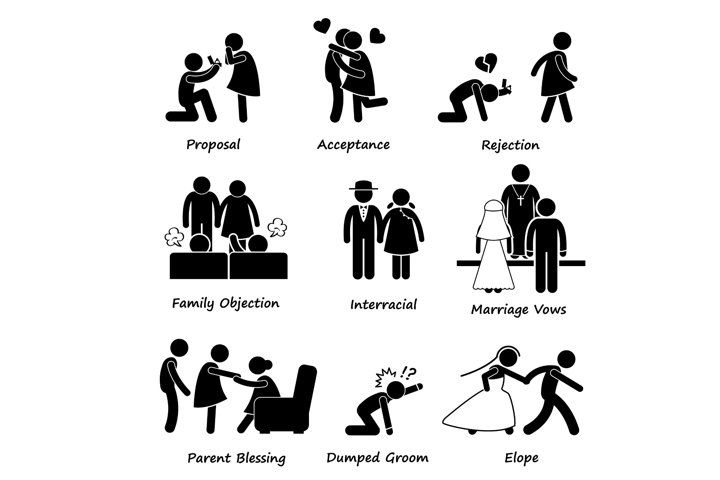 Though often unintentional, microaggressions frequently leave recipients feeling slighted and stereotyped.
Though often unintentional, microaggressions frequently leave recipients feeling slighted and stereotyped.
| Passive-aggressive comments | Microaggressions |
|---|---|
| Slights used when someone is bothered and either doesn’t know how or is uncomfortable with assertive, clear communication. | Passive-aggressive comments used knowingly or unknowingly that reinforce stigmas of marginalized groups. |
Microaggressions stem from “implicit bias”
The term “microaggression” was first used in the 1970s by psychiatrist Chester M. Pierce, with a focus on racial microaggressions. Many believe that microaggressions reflect implicit biases.
Implicit bias is defined by the Perception Institute as having mistaken or negative attitudes toward people, or assuming stereotypes about them, without your own conscious knowledge.
The shortlist of microaggressions in relationships might include:
- making snide remarks or jokes with racist or sexist undertones
- being condescending to your partner due to their age or disability
An example: How to respond to microaggressions in a relationship
In a new interracial relationship between a Person of Color (POC) and white woman, the man cooks food from his native culture.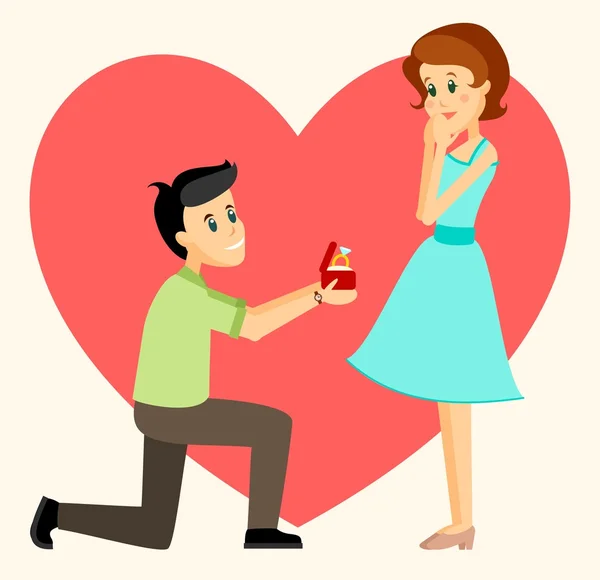
The woman appreciates the effort but is sensitive to strong smells and a messy kitchen.
One night, in frustration, the woman says, “Your food smells so bad and is so messy!”
The man feels offended and upset that his gesture is not only criticized, but done so in a way that he feels is a slight to his ethnicity. Instead of saying that directly, he says, “You’re racist!”
A healthy exchange might have gone like this:
Partner 1: “Thanks so much for cooking for us! I love trying new cuisines. I’m actually sensitive to strong scents though. Can we open a window or light a candle afterward?
“I also get stressed when the kitchen isn’t clean. How about we work together to straighten up after dinner?”
Partner 2: “I had no idea you were sensitive to certain scents. Thanks for letting me know. Deal.”
What is a nonverbal microaggression?
Nonverbal microaggressions, whether from you or your family, could look like the following:
- placing “air quotes” around words in the native language of your partner
- mimicking stereotypical gestures of a man, woman, or older person like a caricature
- bending over repeatedly when speaking to someone who uses a wheelchair
Microaggressions can lower or at least impact relationship quality, which is highly correlated with mental health outcomes.
Research from 2014 suggests that racist microaggressions negatively affect mental health and can contribute to:
- depression
- anxiety
- lack of behavioral control
When your partner experiences microaggressions outside your relationship, you can also support them. For instance, research from 2021 suggests that a strong relationship helped transgender folks manage microaggressions.
Say what you mean
Let’s say one partner would like to increase the frequency of sex or explore sex positivity with their partner.
Microaggressive language
- “Now that you’re ‘over-the-hill’ we never have sex anymore!”
- “I thought your type is exotic and wild in the bedroom?”
Healthy and clear communication
- “I’d like to talk about our sex life. I’m open to trying new things and increasing our intimate time. Would you be open to that?”
Be open to other perspectives
Sometimes, the root of microaggressions is a disregard for another person’s feelings or experiences.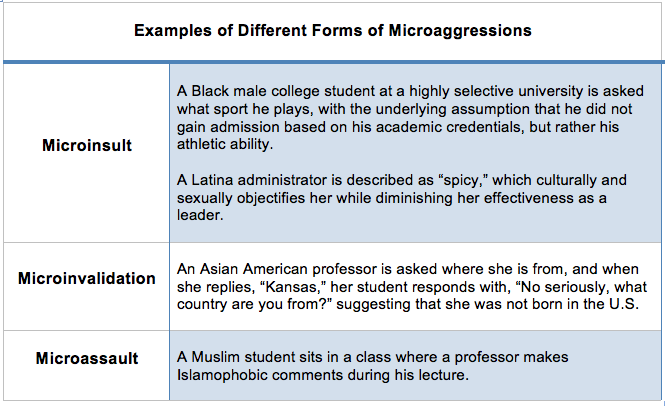 Before speaking or acting, it can help to consider how your actions and words will affect others.
Before speaking or acting, it can help to consider how your actions and words will affect others.
Ignorance may also be behind some microaggressions. Consider investing time to understand more about the experiences of marginalized groups in general, especially any groups your partner belongs to.
Set boundaries
Setting boundaries in relationships can strengthen your bond and remove any room for microaggressions.
Two examples of gender microaggressions in romantic bonds might be:
- subtle remarks that you expect your partner to watch or clean up after the kids because they’re female
- half-serious jokes that it’s your partner’s job to empty the trash or fix things around the house because they’re male
Boundary setting might include:
- splitting responsibilities based on equity
- letting your partner know when you need to revisit responsibilities based on mental load and regardless of gender
You could also set another boundary around how much emotional energy you choose to extend (or not extend) when it comes to explaining systemic racism to your significant other or the sexism at play in toxic masculinity.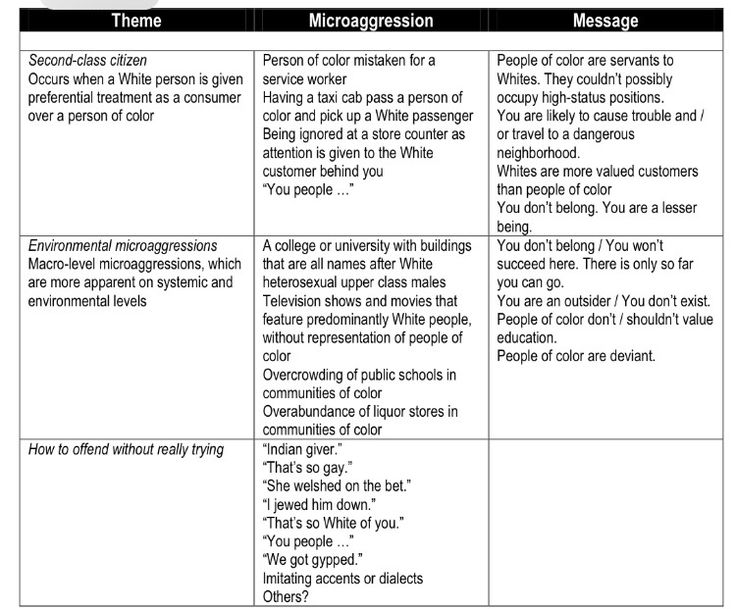
You could even go over these ideas to improve your relationship together.
Learn to ask ‘What did you mean by that?’
One part of any healthy relationship is the ability to repair. If your partner has done or said something that feels like a microaggression, you can always ask them to clarify what they really meant and give them an opportunity to share their intentions.
Author don Miguel Ruiz has sage advice for seeking harmony in life and relationships in his book “The Four Agreements.”
One of the four agreements is “Don’t make assumptions.” Ruiz suggests folks muster the courage to make a habit of asking open-ended questions.
Microaggressions can happen in relationships just as much as they occur outside your home.
Partners may knowingly or unknowingly make passive-aggressive comments that communicate hostile and derogatory biases toward certain groups. Over time, these microaggressions can affect the quality of your relationship — and mental health.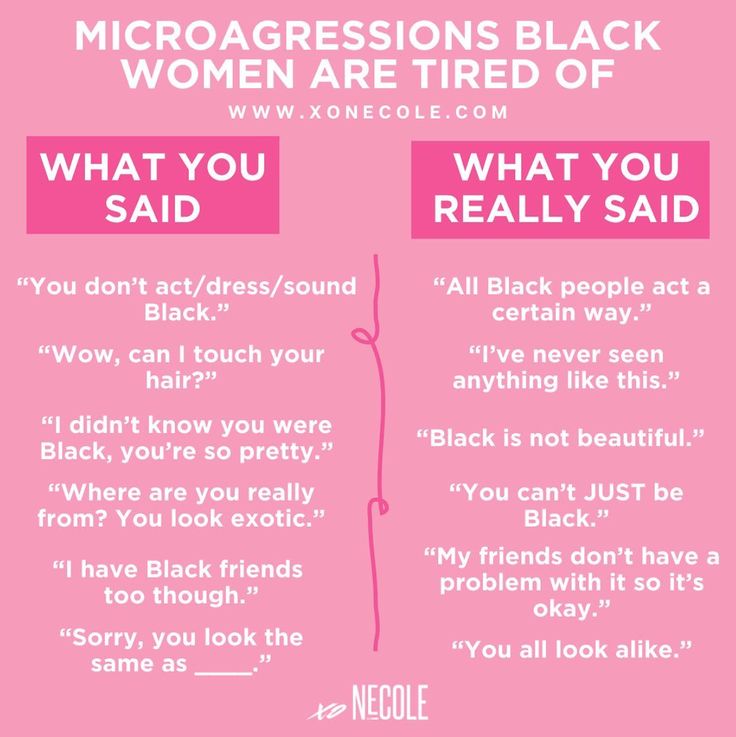
Keeping microaggressions out of your relationship could help strengthen your bond and your well-being.
90,000 First gay wedding in the royal family. Family approves but won't celebrate
Photo by David M. Benett
Photo captionLord Mountbatten, descendant of Pushkin and two queens
The British royal family will celebrate the first ever dynasty this summer same-sex marriage. The Queen's fourth cousin, Ivar Mountbatten, 55, will tie the knot with 56-year-old James Coyle.
According to the British Daily Mail, the wedding of the fourth cousin of Elizabeth II will take place in the English Devon at a private ceremony. It is unlikely that any of the members of the royal family will be present, despite the fact that the upcoming marriage was approved by all close and distant relatives.
Mountbatten's chosen one is James Coyle, whom the lord met several years ago in the Swiss resort of Verbier.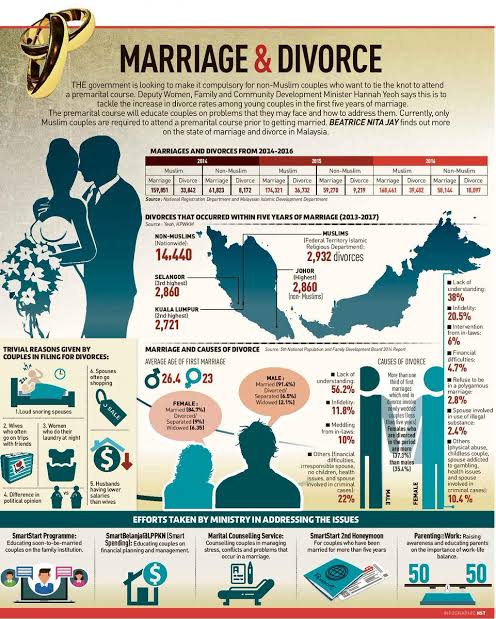 This acquaintance prompted Mountbatten two years ago to publicly speak about his sexual orientation, which he had to hide for many years.
This acquaintance prompted Mountbatten two years ago to publicly speak about his sexual orientation, which he had to hide for many years.
English aristocrat Mountbatten received a geological education in his youth and worked as a farmer for many years. He is a direct descendant of two queens, British Victoria and Russian Catherine II, and the poet Alexander Pushkin.
"I had a very happy childhood, but there was no way in the world that I could tell my parents that I was gay. When I was growing up, homosexuals were called "queers", "gays" and all sorts of other swear words," admitted Lord Mountbatten in an interview with the Daily Mail.
- First gay marriage in Germany
- Mayor Gay can change the future of Poland
As a result, in 1994 Mountbatten married Penelope Thompson, they had three daughters. According to the newspaper, they are glad that their father finally found happiness with a person close to him.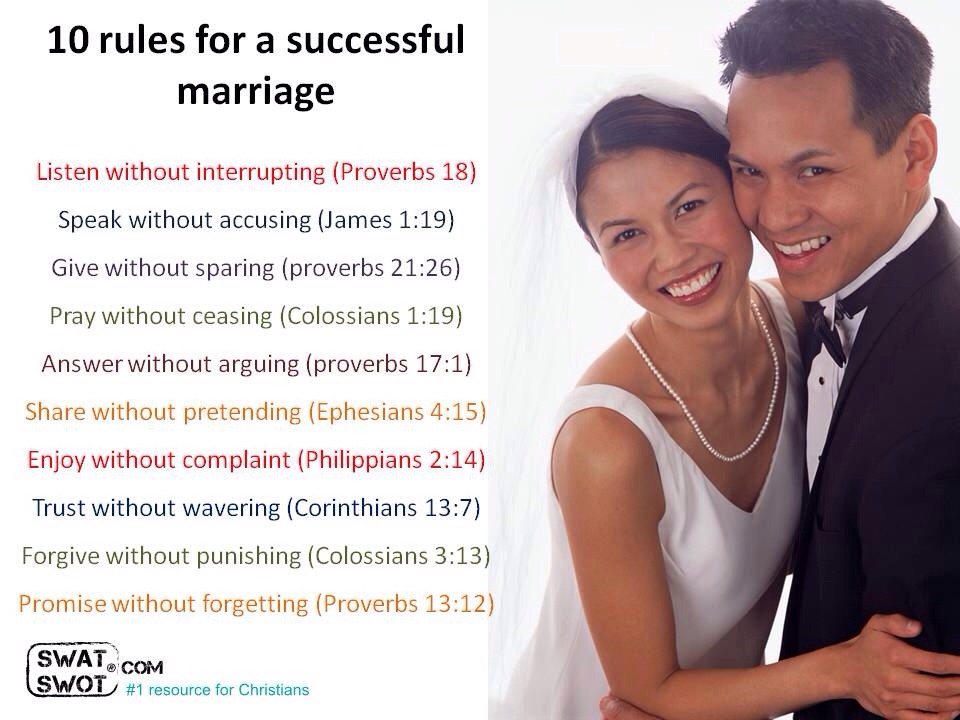
The same can be said about his ex-wife, whose marriage ended eight years ago. Penelope herself will lead her ex-husband down the aisle - in her words, with a light heart.
"On the face of it, the Mountbatten had one of the happiest marriages possible in the aristocratic circles in which they moved. However, Lord Mountbatten felt his sexual enslavement," the newspaper writes.
His ex-wife knew about Mountbatten's sexual orientation even during the marriage and, feeling her own uselessness, abused alcohol. However, now everything has changed for the better - with a divorce and the appearance in their lives of James Coyle, who, according to the newspaper, works as the chief of flight attendants.
The author of the photo, PA
Caption to photo,Lord Mountbatten will not have such a wedding cake
According to Ivar Mountbatten, he and his chosen one will register their union in the presence of a very narrow circle of guests - his daughters, closest relatives and friends.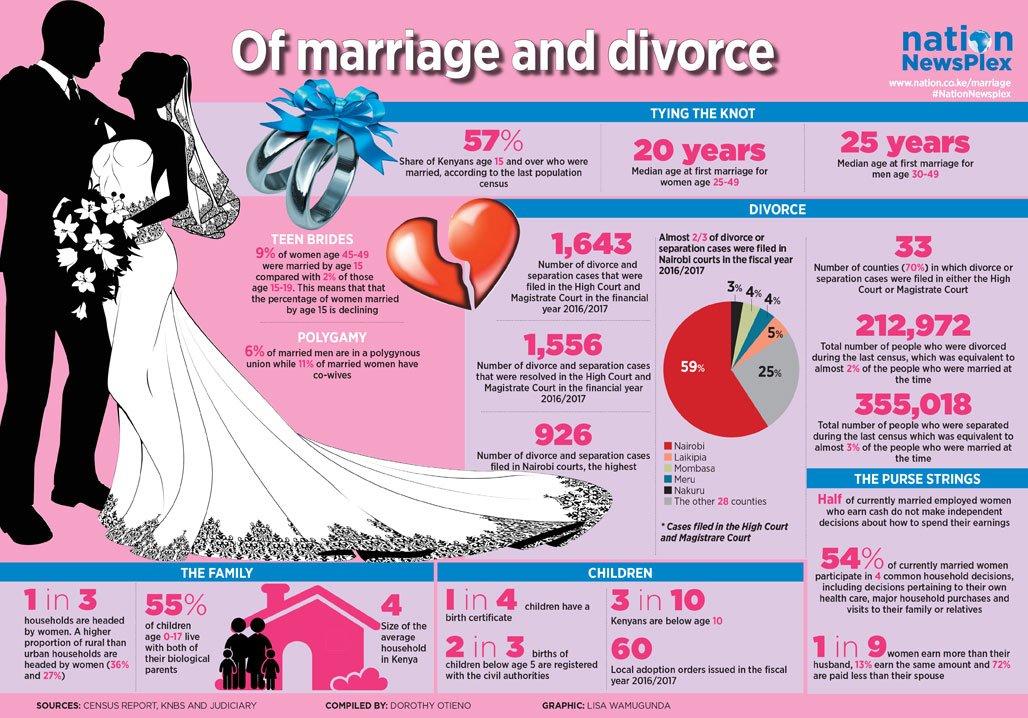
"All the rest - about 120 people - will come to the party later. There will be delicious food and good music, but there will be no cake with figurines of two uncles in tailcoats, no white doves, no other sweetness," the groom admitted.
The event will take place at Lord Bridwell's magnificent estate, which is located on 100 acres of land in Devonshire.
The estate was closed to the public for a long time, but in January 2015, Lord Mountbatten decided to rent out his property for celebrations, corporate events and filming.
Lord Mountbatten is very friendly with the youngest son of Elizabeth II, Prince Edward, he even became the godfather of the two eldest daughters of the Lord. However, no one from the royal family will attend his wedding.
"Sophie (wife of Prince Edward. - Rev .) and Edward are aware of our plans and are very happy for us. Unfortunately, they cannot come to the wedding.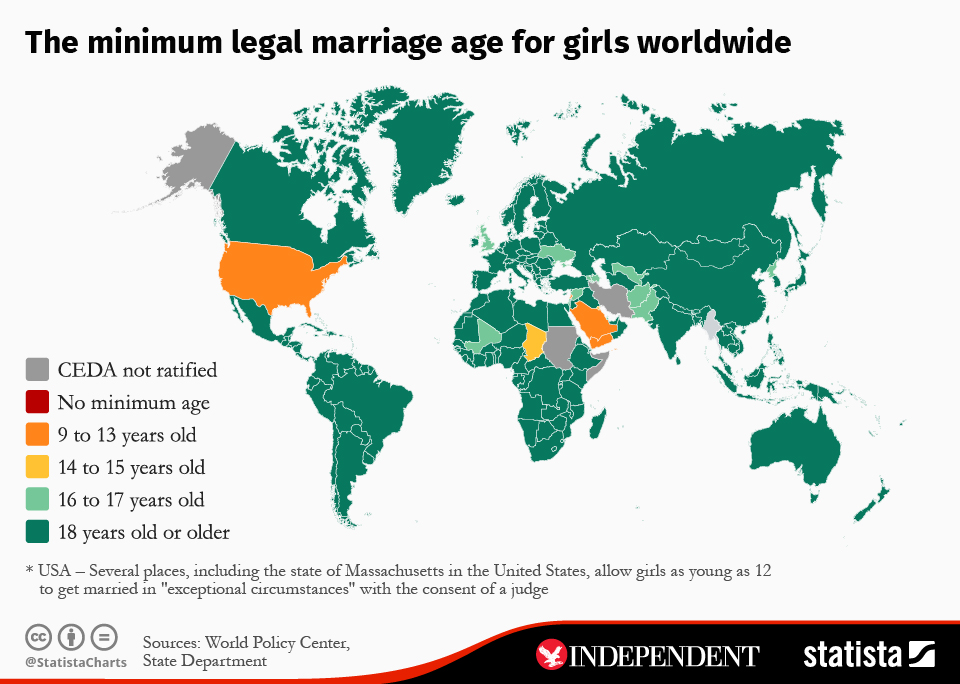 Their schedule is set months in advance, so they will be away , but they adore James. Everyone is crazy about him, "the lord admits.
Their schedule is set months in advance, so they will be away , but they adore James. Everyone is crazy about him, "the lord admits.
Mountbatten's first wedding to Penelope Thompson was attended by Princess Margaret, Queen Elizabeth's sister, and Prince Edward.
This year turned out to be especially fruitful for family news for the royal family: in April, Prince William and Kate had their third child, Prince Louis; in May, the whole world watched as Prince Harry got married to the now Duchess Megan; and on Monday, the Queen's eldest granddaughter and Olympic athlete Zara Tindell (Princess Anne's daughter) gave birth to her second daughter. Now the reigning queen has seven great-grandchildren and great-granddaughters.
Another granddaughter of the Queen, Princess Eugenie, daughter of Prince Andrew, is going down the aisle in October. She is marrying her longtime boyfriend Jack Brooksbank, whom she met at the same Verbier ski resort where Lord Ivar Mountbatten met her future husband.
Follow our news on Twitter and Telegram
"There is a sense" - publishing house of books on social topics
What the book is about
Emotional abuse is much harder to recognize than physical abuse. Those who are exposed to it often doubt whether they are making up or exaggerating their problems. Perhaps you notice alarming bells in a relationship with a partner, but write them off as your own suspiciousness. Or in conversations with a friend you feel a desire to defend yourself, and after such meetings you are devastated and exhausted. Or from the voice of the boss, you want to squeeze into the wall and become invisible. But you continue to believe that you yourself are to blame, or you simply do not have the strength to end such a relationship.
Emotional abuse is actually a serious problem. This is systematic bullying, which can manifest itself in the form of "playful" banter, sarcasm or devaluing jokes, verbal aggression, threats and manipulation, punishments with neglect.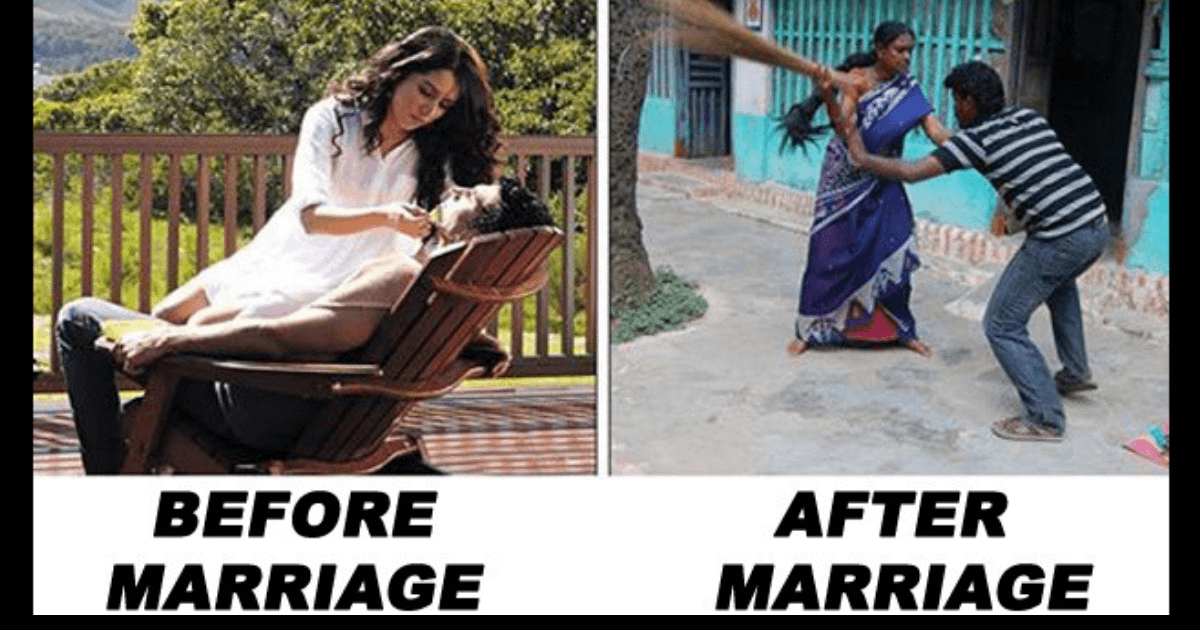 The behavior of the aggressor allows him to infringe, suppress and control the victim. But it is possible to recover from abuse. The goal of the third book in our Doing It Possible series of workshops is to help you recognize, understand, and overcome emotional abuse.
The behavior of the aggressor allows him to infringe, suppress and control the victim. But it is possible to recover from abuse. The goal of the third book in our Doing It Possible series of workshops is to help you recognize, understand, and overcome emotional abuse.
Workshop author Teresa Comito has been helping her clients get out of abusive relationships for 20 years. In this book, she gives scenarios and stories of real patients who wished to share their own experiences, and specific practices. By completing the tasks, you will begin to trace the patterns and dynamics of your relationship, you will be able to identify your strengths and strengthen your self-esteem, you will discover your ability to resist attacks and recover from them. You will learn strategies for coping with everyday challenges and gain a sense of inner well-being that will help you move out of painful relationships and no longer get involved in destructive relationships.
Reviews of the book
- Reviews
Teresa Comito's Emotional Abuse Recovery Workshop is the perfect self-examination tool for anyone who thinks they are (or have been) in an abusive relationship. He exposes patterns of abuse and gaslighting. The author's methods are healing through self-love, healthy relationships, and the pursuit of security.
He exposes patterns of abuse and gaslighting. The author's methods are healing through self-love, healthy relationships, and the pursuit of security.
Teresa Comito draws on years of experience working with survivors of emotional abuse. With compassion and concern, she lays it out in a way that everyone can understand and follow the path to healing and recovery from trauma.
Teresa Comito is an extremely compassionate therapist with a deep understanding of the consequences of emotional abuse. Her clear logic is a guiding light for me and many others, thanks to her we remember the main values of the therapeutic process. Her message to readers: you are not alone, you are capable and can heal.
Teresa Comito's workbook systematically shows how micro-aggressions, name-calling and "joking humiliation" become building blocks on the path to physical violence. Working with the authors of violence, I saw how often the emotional, without being suppressed, grew into the physical.